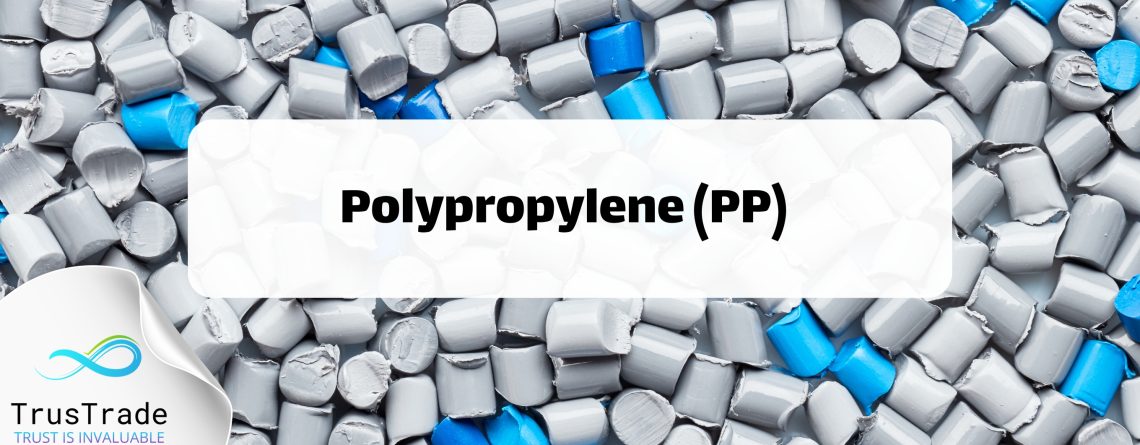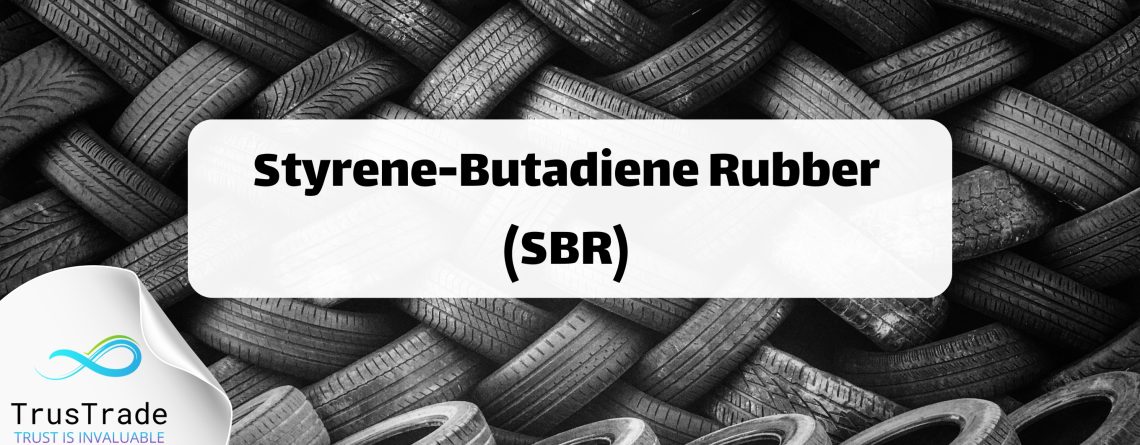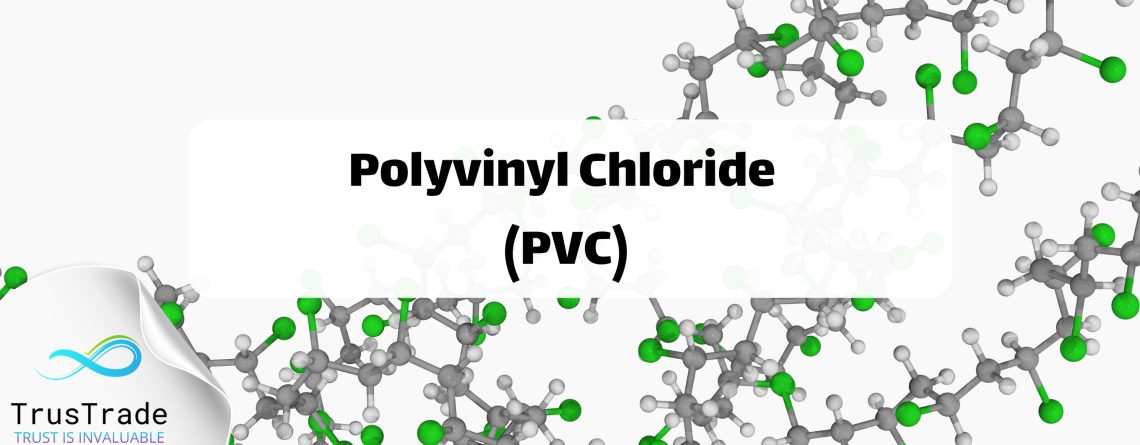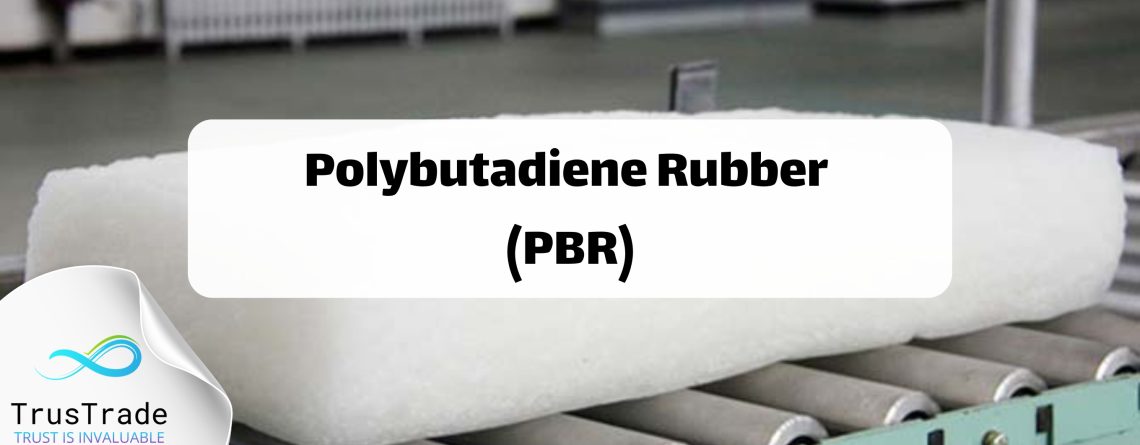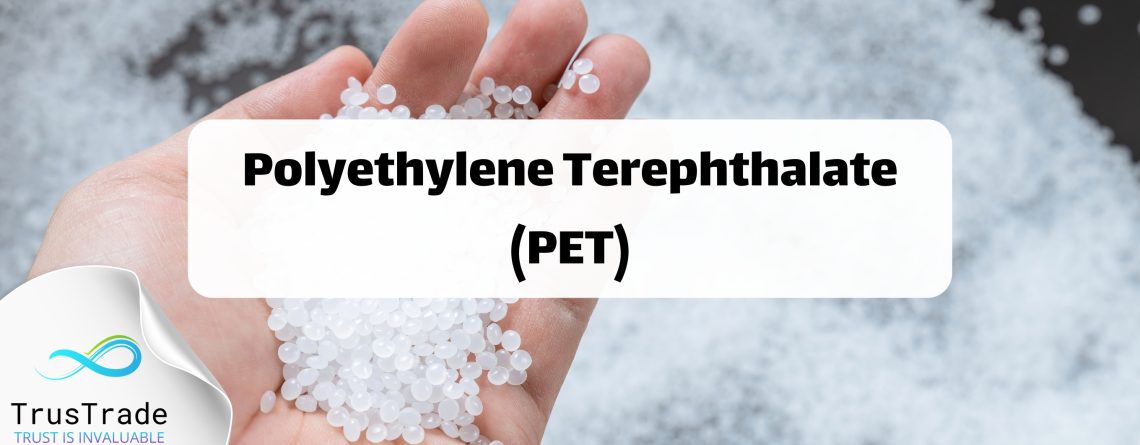The Birth of the Petrochemical Industry: A Historic Milestone
The year 1920 marked a pivotal moment in the history of science and industry: the birth of the petrochemical industry with the production of its very first product. This revolutionary breakthrough laid the foundation for one of the most transformative sectors of the modern economy.The First Petrochemical Product: Acetone In 1920, acetone was produced from isopropyl alcohol, becoming the first-ever petrochemical product. This achievement not only demonstrated the immense potential of transforming hydrocarbons from natural resources like crude oil and...


